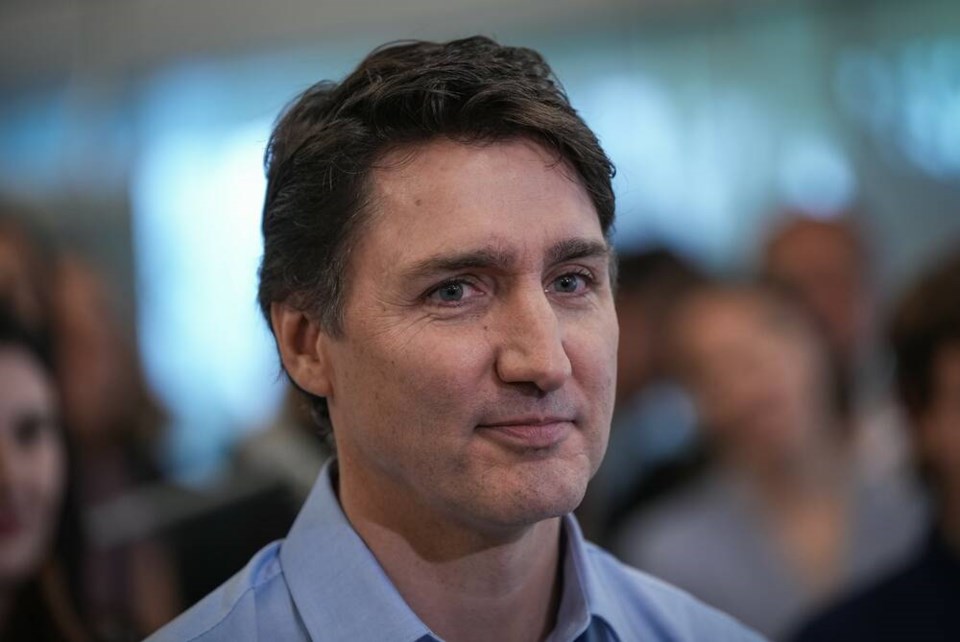While budgets are all about numbers, last Tuesday’s federal budget can be understood with just one statistic. The next national election must be held within the coming 18 months, and Justin Trudeau’s Liberals trail Pierre Poilievre’s Conservatives by 20 points, 24 to 44.
Never have the Tories enjoyed so large a lead and gone on to lose the next election.
Coming to details, $8.5 billion will be allocated over the next five years to build new homes, $9 billion for Indigenous communities and more money for disability benefits.
There’s $42 million more for CBC/Radio-Canada, a new youth mental-health fund, and the start-up of a national pharmacare plan, eventual cost neither known nor guessed at.
A new artificial intelligence fund has been created, $5 billion has been set aside for an Indigenous Loan Guarantee Program and the Local Food Infrastructure Fund receives an additional $62.9 million.
Finance Minister Chrystia Freeland’s approach to budgeting reminds one of an old-fashioned Scottish wedding, where the groom throws pennies on the street and the kids rush after them.
However, while the short-term political objectives behind this budget are evident, the long-term effects are troubling.
The deficit is set at a staggering $40 billion, with a similar shortfall forecast for next year, as well.
That raises our country’s debt-to-GDP ratio to the highest among the G7 countries. Italy is doing a better job managing its finances than we are.
As a result, interest payments on the national debt have soared. Fully 10 cents out of every tax dollar now go to New York, London or Zurich in debt payments.
That leaves other priorities dangling. In the year ahead, Ottawa will spend nearly five times as much on interest payments as it spends on health care.
The B.C. government’s credit rating has already been downgraded three times in a row for lavish spending. It’s not unlikely the same fate awaits our national rating.
Again, government spending on such an enormous scale can only worsen inflation, as more dollars chase scarce supplies.
But perhaps the most worrisome outcome is that an expanding public sector is taking jobs away from small businesses. Since 2019, the number of jobs in government has increased by 25 per cent, while small business employment has fallen.
This is of concern because Canada’s productivity rates are close to the bottom among developed economies. Crushing small business owners won’t help.
Moreover, Freeland’s decision to increase the tax rate on corporate capital gains can only drive away foreign investment, something we desperately need.
Perhaps the most vocal critic has been Trudeau’s former finance minister, Bill Morneau, who held the post from 2015 to 2020.
Calling the budget a threat to investment and economic growth, Morneau slammed the decision to raise the tax on corporate capital gains, saying it was “clearly a negative to our long-term goal, which is growth in the economy, productive growth and investments.”
And he went on to say: “I don’t think there’s any way to sugarcoat it … We’ve created a disincentive and that’s very difficult.”
Ironically, a budget meant to improve the government’s standing could have the reverse effect.
The challenge facing Poilievre, the Conservative leader, is how to avoid sounding like a right-winger in a country full of centrists.
Had Freeland taken a more financially balanced approach, Poilievre would have struggled to disagree.
As it is, he can attack the government’s strategy and sound like a moderate.
It will be interesting in the days ahead to see whether the Liberals gain or lose in the opinion ratings.
What we can say is that a few more downward ticks might spell the end of Trudeau’s term in office.



